|
A preferred lender might be best – but not always  Erik J. Martin The Mortgage Reports Contributor | Featured Expertise By Jason Gelios-Realtor September 15, 2021 - 6 min read When you’re buying a newly constructed home or having one built from scratch, you have different financing options.
You can get a mortgage loan from a lender of your choice. Or, you can opt for the builder’s preferred lender if it has in-house financing or partners with a bank. You’re never required to use your builder’s preferred lender. And, as always, you should shop around for the lowest interest rate on your home loan so you know you’re getting the best deal. Click here to read more
0 Comments
Condos Dipped in Popularity During the Pandemic — Here’s Why They’re Having a Major Comeback9/30/2021 Photo credit: Julia Steele In the early days of the coronavirus pandemic, condos fell out of favor. Buyers wanted space — and lots of it. Privacy, too. Unsure of if and when they’d be returning to the office, they scoured the sizzling hot market looking for detached, single-family homes with enough square footage to accommodate their new hunkered-down-at-home lifestyles.
Click here to read more Episode 195 | The AskJasonGelios Real Estate Show Article by Erik J. Martin Edited by Suzanne De Vita Reviewed By Robert R. Johnson bankrate As you prepare to finalize a home purchase, there’s an important step to take before the closing: the final walkthrough. This personal inspection helps ensure that the home you committed to on paper is in relatively identical condition to when you first visited, and that the seller is compliant with the terms of your real estate contract.
Click Here To Read More Article by Tara Mastroeni Featured expertise: Jason Gelios Getty Images In real estate transactions, homebuyers rarely meet home sellers before reaching the closing table. So have you ever wondered why?
As a general rule, real estate agents frown on buyers having face time with sellers because things can go wrong. A whole lot of things, in fact. Even seemingly innocent comments could land buyers or sellers in hot water—and jeopardize the entire real estate deal. Click Here To Read More Guest Writer: Suzie Wilson Image via Pexels If you’re preparing for a move to Southeast Michigan, there are a number of tasks you’ll need to complete before relocating to cities such as Detroit, Ann Arbor, Flint, Warren, or Livonia. This guide from REALTOR® Jason Gelios will tell you everything you need to know to plan a stress-free move into your new Michigan home! Choosing the Right City, Neighborhood, and Home Making the decision to move to Southeast Michigan is just the start. You’ll also need to choose a city, neighborhood, and the right type of home for your household.
Planning a Move to Southeast Michigan Complete the following tasks at least a few weeks before you’re scheduled to move to Southeast Michigan.
Settling Into Your New Home After all that hard work and planning, it’s finally time to clean your new home, update your driver’s license, and enjoy all that Southeast Michigan has to offer!
Moving can be a pain, especially when you’re relocating to a new city or state. But thanks to these tips and resources, moving to Southeast Michigan doesn’t have to be such a hassle. Before you know it, you’ll be settled into your home and exploring your new city! Suzie Wilson is an interior designer with more than 20 years experience. What started as a hobby (and often, a favor to friends) turned into a passion for creating soothing spaces in homes of every size and style. While her goal always includes making homes look beautiful, her true focus is on fashioning them into serene, stress-free environments that inspire tranquility in all who enter. Are you buying or selling a home in Southeast Michigan? Contact REALTOR® Jason Gelios for
assistance! Episode 194 AskJasonGelios Real Estate Show Guest Writer: Sally Norton 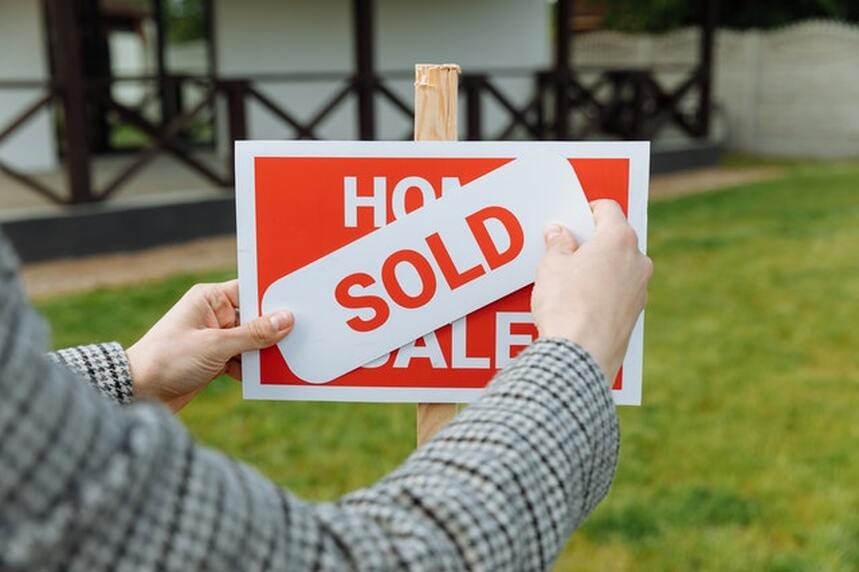 When people think of first-time homebuyers, they usually picture those in their 20s or 30s. However, when it comes to buying a home, there is no age limit. If you are sure that buying your first home in your 50s is the right choice for you, then go for it. However, if you don't know what signs to look for to be sure you're making the right decision, continue reading. We've prepared tips and advice that will hopefully steer your decision in the right direction. When you're looking to buy a home in your 50s, you need to be sure you're making the right decision. Therefore, there are certain things to consider: ● Your financial situation and knowing if your house is worth the mortgage ● Your expectations when it comes to the property you're looking to purchase ● What type of property should you look for, will it be suitable for your needs, and does it fit into your lifestyle? Further in this article, we'll explain each of these concerns in detail. Can your budget handle the costs? Before you decide to take this huge step, make sure to analyze your finances and see if your budget can handle it. Although you are not exempt from getting a mortgage due to your age, you still need to be sure you'll be able to pay it when your income drops after you retire. Before you decide to buy a home, make sure that your budget can handle it. Even though mortgage costs will remain the same, you still need to pay for maintenance, utilities, taxes, insurance, and similar if you take out a conventional loan. Therefore, make sure to take these costs into consideration, too, as they have a tendency to climb, and you need to be sure you can afford them before deciding to buy a home. Also, you need to think about your upcoming relocation costs and budget accordingly. Don't rush into making a decision but do your research in order to find a low-budget solution. Nowadays, there are plenty of reliable moving companies that will safely relocate your belongings without you having to spend too much. What type of home should you look for? When you're in your 50s, your kids are most likely independent and potentially have their own families. Therefore, even if you are used to renting a single-family home when it comes to buying, you need to thoroughly think and decide whether you should go for a house or a condo. Your choice of home will depend on your needs and preferences. For example, a lot of people over 50 decide to downsize. Many people decide to downsize after reaching a certain age. That makes a lot of sense as you probably don't need as much space as you did before. Also, with smaller places come fewer responsibilities and costs of maintenance and upkeep. Another thing you should do is research the market and housing forecasts as that will also help you make your decision. By having information about market movements and the current situation with real estate, you can decide what type of property you can afford that, at the same time, suits your needs best. Will this type of home be suitable for you once your health declines? One of the most important things you should have in mind when choosing your future home is the fact that you're getting older and your health might decline. Hopefully, you'll be able to stay fit and mobile, but there is no harm in taking preventive measures. Therefore, choose a home design and location suitable for your age. For example, even though you might not have issues with climbing the stairs now, it could become a problem sometimes in the future for either you or your partner. Therefore, the best option is to choose a single-story house. If you decide to purchase a condo, make sure that the building has an elevator. Also, at some point, you might not be able to drive. Therefore, the location of your home is a crucial factor to consider. Look into finding a place near public transportation and near shops and other amenities you'll frequently need. Will your new home fit into your lifestyle? When choosing a home where you plan on spending the rest of your life, you need to consider what type of activities you want to enjoy and what kind of lifestyle you want to have. It's essential to think about the time after you retire as you don't want to be stuck in a place that doesn't fulfill your needs. In order to make the right choice, you need to think about what you want from your new home and how it fits into your lifestyle now and after your retirement. Also, make sure to discuss this with your partner, as you might have completely different expectations regarding how you want to spend your retirement. For example, you might want to travel around the world while your partner wants to stay put and be close to your grandkids. These things can massively influence your decision when buying a home in your 50s. How long do you plan on living there? Another thing to consider is the time you want to spend in your new home. Perhaps you don't want to live there for the rest of your life but make it a temporary solution before retirement. If that is the case, our advice is not to buy a property if you don't plan on living there for at least 5 years. Why? Because home appreciation could be wiped by the transaction costs. In that case, you'd be left without the benefits of having invested in a property. In conclusion We hope that we were able to convince you that buying your first home in your 50s can be a good choice, depending on your needs and preferences. Of course, the final decision is on you, and we wish you the best of luck with it.
Episode 193 AskJasonGelios Real Estate Show By Laura Woods Featured expertise by Jason Gelios-Realtor shironosov / Getty Images/iStockphoto Your home is likely the largest purchase you’ve ever made. Owning a place of your very own is satisfying, but you’re not always sure your house is worth the mortgage.
Given the current white-hot housing market, you might've considered putting your home on the market. In some cases, this might be a good idea, as 51% of homes sold above list price in August 2021, according to Redfin. Click here to read more I had the pleasure of being interviewed by Billion Success on the topic of overcoming fear and what my definition of success is. Episode 192 | AskJasonGelios Real Estate Show With today’s low interest rates, a home equity loan or home equity line of credit (HELOC) can give homeowners a cash infusion that they can use to renovate their homes, consolidate their debts, or fund their businesses.
But it will come with some upfront costs. Click Here To Read More Episode 191 | AskJasonGelios Real Estate Show Article by Erica Sweeney-Insider Featured expertise by Jason Gelios-Realtor Image courtesy of Steven Senne/AP With fewer homes for sale and bidding wars more common, buyers are looking for creative ways to stand out in today's super-competitive real-estate market. One tactic many are embracing is the personal letter, in which buyers hoping to spark an emotional connection explain to sellers how they envision themselves living in the home.
Sending a "love letter" may seem harmless, but the National Association of Realtors advises against it, as the approach could potentially violate fair-housing laws and lead to discrimination. chee gin tan / iStock.com It’s no secret that the COVID-19 pandemic has turned the real estate market into a wild domain. If you’re looking to buy or sell a home, you’re likely eager to know how long this will last.
In June 2021, home prices across the U.S. surged 24.8% year-over-year — to a median sale price of $386,888 — according to Redfin. During the same time period, the number of homes sold increased 20.6% and the number of homes for sale tumbled 39.6%. Click Here To Read More |
AuthorJason Gelios is a Husband and Father. After that, a Top Producing REALTOR®, Author of the books 'Think like a REALTOR®' and 'Beating The Force Of Average', Creator of The AskJasonGelios Real Estate Show and Expert Media Contributor to media outlets across the country. Archives
July 2024
Categories |
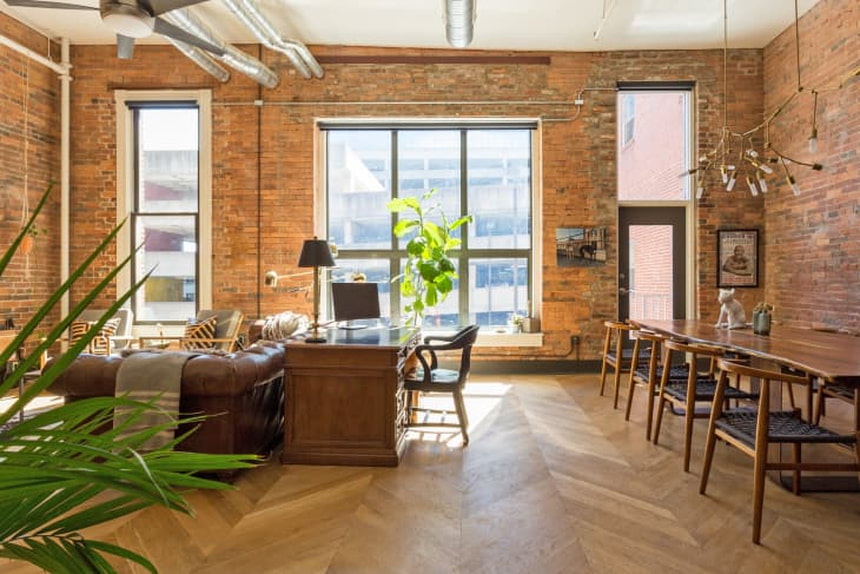

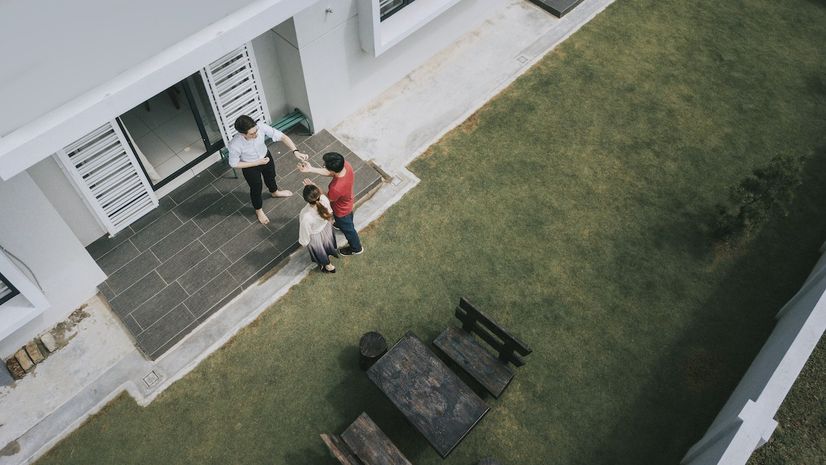


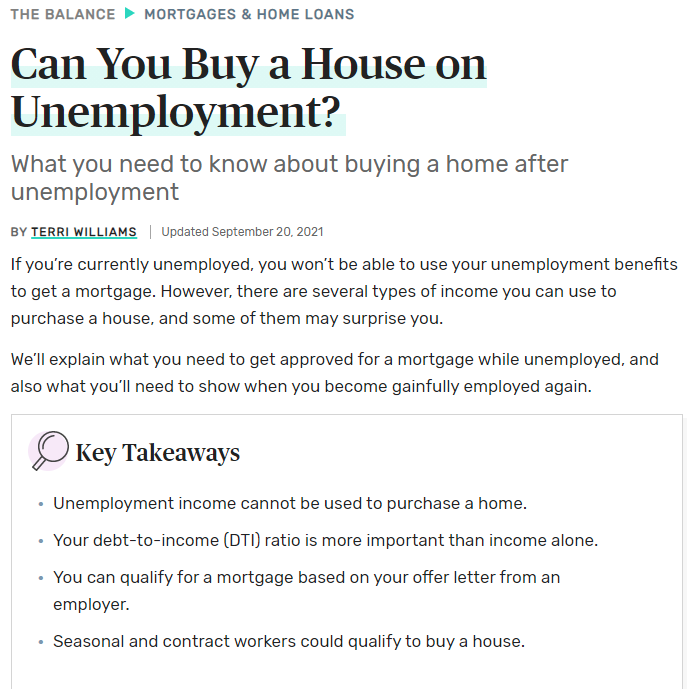

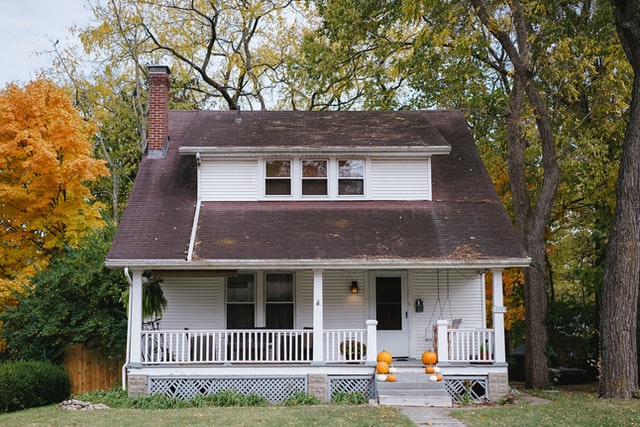







 RSS Feed
RSS Feed